Caring And Keeping Your Canine From Getting Cold
Dog owners, watch out for cold temperatures, snow, and ice. While canines with proper shelter are usually safe in outdoor temperatures of down to 20 degrees Fahrenheit, puppies, smaller dogs, and older dogs should not be left outside when temperatures drop below 40 degrees.
A shorthaired pooch can quickly get cold after leaving a warm house, so dress him in a sweater before going outside. See to it that your pet always has his identification tags and is on leash. A dog can lose his sense of smell during a snowstorm and get lost. A loose dog can also fall through ice or get hit by a car as icy roads make it more difficult for vehicles to stop. In addition, never leave your dog in a car. Automobiles are like refrigerators during winter, holding in the cold which can cause the animal to freeze to death.
Older, arthritic dogs should be kept in the house and under no circumstances should they be left outdoors. Accompany older dogs outside during bathroom breaks. If there is snow or ice in the yard, use a leash as he can easily lose his footing and hurt himself.
Be on the lookout for signs of frostbite or injury. Frostbite can cause grave damage to the sensitive tissues in a dog's extremities such as the ears, paws, and tail. If you think your dog has frostbite, take him to a warm location immediately. Soak the affected area in lukewarm water for 20 minutes, then call your vet.
Your pet's paws are vulnerable to cuts if he walks or plays on ice or hard, frozen dirt. See if he chews at his paws during long walks or playtime. Always wipe his feet after returning from outside to remove any ice, ice melt, and salt deposits. Salt irritates the paws and can be poisonous if ingested. Clean any ice balls from between his paw pads and use only ice melt that is safe for pets.
Another thing to watch out for is hypothermia. If your dog starts to whine or you notice excessive shivering, lethargy, or a low heart rate, take him to a warm place right away. Cover him with a light blanket and contact your vet.
Last but not least, eliminate the risk of poisoning. Unfortunately, canines like the sweet taste of antifreeze, which can cause illness or even death if ingested. Keep all antifreeze containers well out of your dog's reach, and thoroughly clean any spills at once. If you think your dog has consumed antifreeze, call your vet or animal hospital immediately.

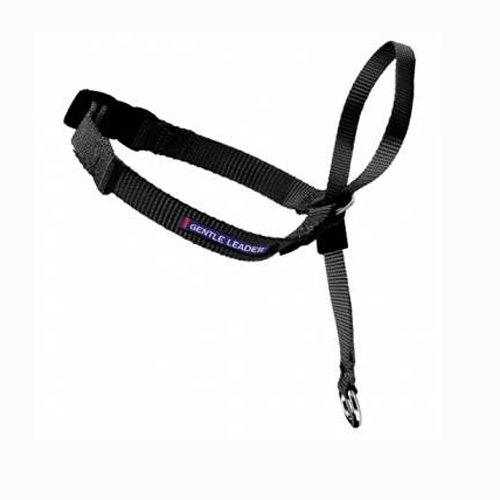 Hate to Walk Your Pulling Dog? Heres the Instantaneous Solution (Really!)
Credit: thatmutt.c
Hate to Walk Your Pulling Dog? Heres the Instantaneous Solution (Really!)
Credit: thatmutt.c
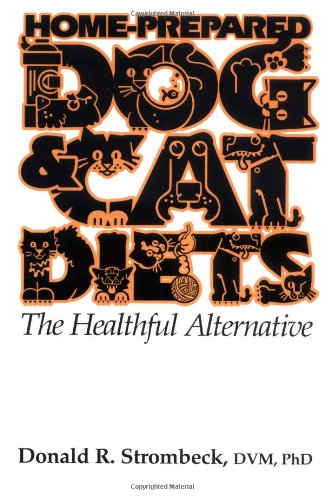 Do You Know Whats In Your Pet Food? Are You Sure?
Owners of dogs and cats who
Do You Know Whats In Your Pet Food? Are You Sure?
Owners of dogs and cats who
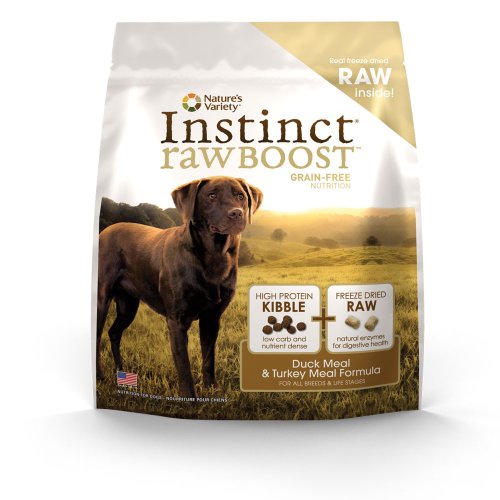 Natures Variety Instinct Raw Dog Food: Best Choice for Your Treasured Pet
Instinct Raw Dog FoodOne of
Natures Variety Instinct Raw Dog Food: Best Choice for Your Treasured Pet
Instinct Raw Dog FoodOne of
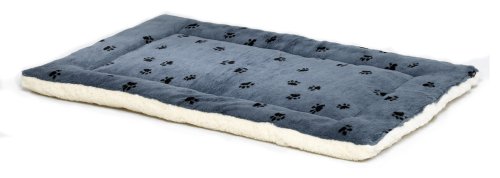 Washable Dog Bed for Large Dogs
As I walked down the aisles
Washable Dog Bed for Large Dogs
As I walked down the aisles
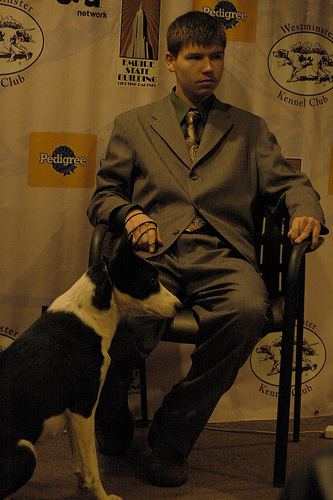 Junior Handler Shows Canaan Dog with Seizure Alert Skill - Westminster 2010
Junior Handler Shows Canaan Dog with Seizure Alert Skill
Junior Handler Shows Canaan Dog with Seizure Alert Skill - Westminster 2010
Junior Handler Shows Canaan Dog with Seizure Alert Skill